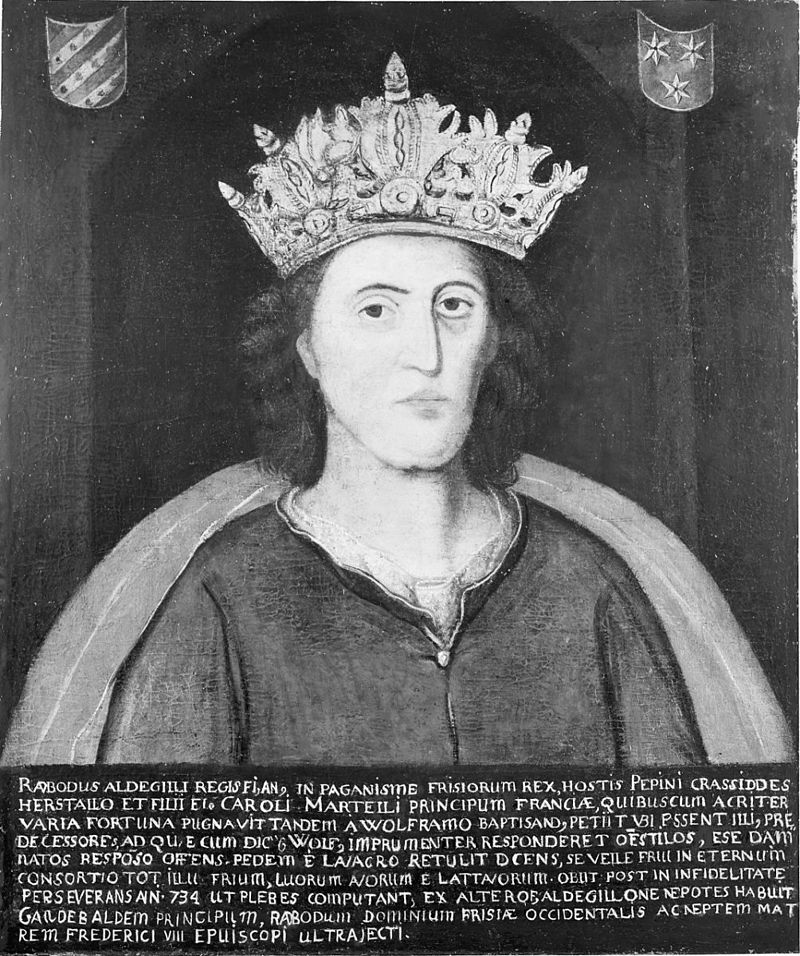
Radbod was king of Frisia from 680 to 719 CE. Most of us in Asatru are well aware of his story. He is famous for saying that he would rather burn in hell for eternity with his ancestors than go to heaven with his enemies. This is a stance that many of us in the reawakening feel a connection with, and earns him our admiration. He drew a line in the sand and took a stand for his folk and his faith.While such displays of heroism are excellent examples of courage to guide us in our quest to reconnect to our ancestral heritage in the face of adversity. I would like to examine Radbod’s deeds from another angle, that of intellect.
In much of the academic and Christian world, our Asatru ancestors are often depicted as savage barbarians.They are painted as mindless primitives who love little more than plunder and violence. However, a more thorough examination of historical figures such as Radbod reveals the possession of sound faculties such as perception, logic and reason.
At this period in history Christianity was not so much concerned with the salvation of men’s souls as it was keeping the minds of the conquered in a state of submission. Early medieval Christianity was a secular political tool that masqueraded as a religion. With the uneducated, it dominated through their fear of the unknown. With the more enlightened, it seduced with greed and political ambition. Radbod was obviously the latter, and not the former.
Radbod was well aware that the attempts to convert him had nothing to do with his personal salvation, or the salvation of his people. The religion of his heritage had served his people quite well since time immemorial. The only motive to convert him had to be the acquisition of his loyalty to a power structure hiding behind a mask divine authority. Radbod saw Christianity for what it was, and proudly took a stand for his people.
Aside from courage in the face of adversity, I believe that Radbod can also teach us to recognize our adversaries for what they are. Most who would manipulate us present themselves as something other than what they are. They hide behind masks of righteousness, compassion, prosperity, and power. But in the end, it is the price they ask that reveals their true nature.
For Radbod, the price the Christianity asked was the soul of his people in exchange for a seat at the table of the new world power structure. Seeing Christianity for what it was, he refused to give up the soul of his people. In addition to being courageous and a man of intellect, this also makes him a man of honest integrity, unwilling to barter his people for personal ambitions.
Hail King Radbod!
James Dover
Apprentice FOlkbuilder,
Asatru Folk Assembly
